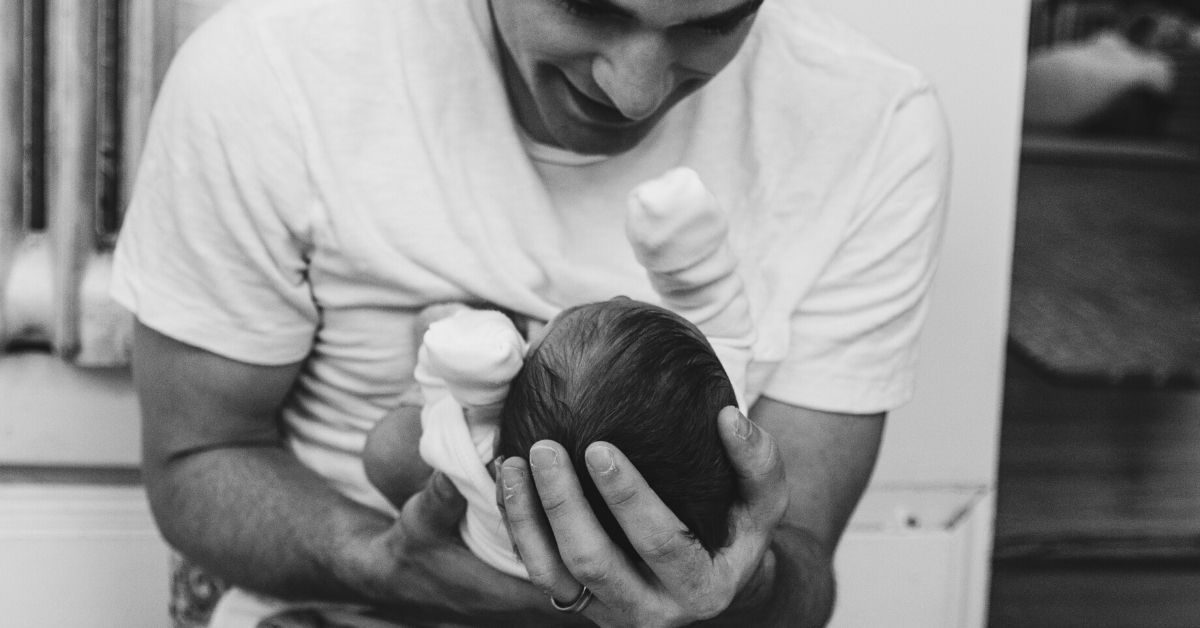“I’ve learned that people will forget what you said, people will forget what you did, but people will never forget how you made them feel.” –Maya Angelou
I remember the exact moment my wife came out of the washroom and the look on her face when she announced that yes, she is pregnant, and we are having a baby. I also remember the glow I felt all day and my wonder at how the science of a small, treated test strip delivered the news.
We are aware of how science explains conception and birth, vaccines and disease, antibiotics, nutrition and puberty. But we may not be as aware of the available science regarding raising a child. Or more specific to my experience, how can I best support my daughter’s development.
The Father Effect
The Father Effect is a broad term that includes the study and impact of a dad’s presence or lack of presence in a child’s life. What can be of great help to dads, or parents in general, are those positive activities the Father Effect identifies as maximizing the benefits of spending time with our children.
Dads, Your Work Starts at Conception
On a biological level, this is a no brainer. Still, you might not be aware of all the different ways you impact your child before they are even born. Consider the following:
- Get yourself genetically tested for debilitating diseases before starting a family. Best to know as much information as possible.
- We’ve known for some time how drugs and alcohol can affect the development of the fetus. Studies also show that dads who binge drink, who have a poor diet or are too stressed, can potentially change their DNA and also negatively affect the future health of their child.
- Data also shows that fathers who collaborate with their partner in the lead up to the birth, such as going to labor classes, attending checkups, putting together the nursery, are more likely to be involved in the child’s life after he or she is born.
One study demonstrates that one-year-old kids are more likely to have higher cognitive scores if their dad has been engaged and present since he or she was one month old. With this in mind, can you now imagine how important it is to be in your child’s life after he or she takes their first step?
What Do You Like to Do?
Studies show that as our kids grow up, it’s not the occasional trip to the ice cream shop or baseball game that provides them the most significant benefit. It’s the everyday activities, like being together around meals, helping them get dressed, assisting with homework, that give the most impact. A few regular activities I enjoy with my five-year-old daughter include:
- We make art together on average once a week.
- We regularly play card and board games together as a family.
- We love being outside, playing in the park, and recently completed her first hike.
- Cooking, Cooking, Cooking
- Watch the Dallas Mavericks, my favorite basketball team, play on television. (Side note– I make watching the basketball game as interactive as possible– she knows the rules, she knows the players, I can’t wait to buy a hoop for our driveway, she attended her first game in December, and her favorite player is Luka Doncic!)
My best advice is to make a list of what it is you like to do. What are your hobbies, interests, daily chores, and activities that you could potentially do with your kid?
Of course, the type of activity and the age of your child will determine what you can and can’t do. Take cooking, for example. Our daughter has hung out with me in the kitchen, either in her highchair or up on the counter, since she could sit up. Now, at five, with my supervision of course, she can make her own scrambled eggs. And guess what, we are still making breakfast! And what, might you ask, do we talk about while we cook? Anything and everything. It’s here we catch up on her day at school, what our plans are, stories she’s been wanting to tell me, and just a couple of days ago, the recurring nightmares she’s been having. This is the kind of activity or ‘intentional opportunity’, the experts explain, that provides our kids with the time, space, support, and love they need to thrive.

So How Can I Be A Good Dad?
Well I’m still trying to figure that out myself! But a few pieces of advice the experts point to include:
- If you’re thinking about being a dad, get your genetics tested. If you are in a high-risk group, the more you know, the better-informed decision you can make.
- Even before conception, be as healthy as you can be. Eat well, exercise, work on your stress levels, cut down or quit alcohol, science tells us it’s not just the mother’s history that can adversely affect the health of the child, it’s your molecular makeup too.
- Be there for your partner through the pregnancy and birth, you’re more likely to continue once the child is born.
- Show up. Even if you are divorced or separated, the data shows writing letters, regular phone calls, and visits, all these can help.
- And my favorite, make time and be genuinely curious and interested in what is going on in your kid’s life.
As we strive to be the best parents we can be, let’s not forget to look at what science and the research like the Father Effect can teach us.








